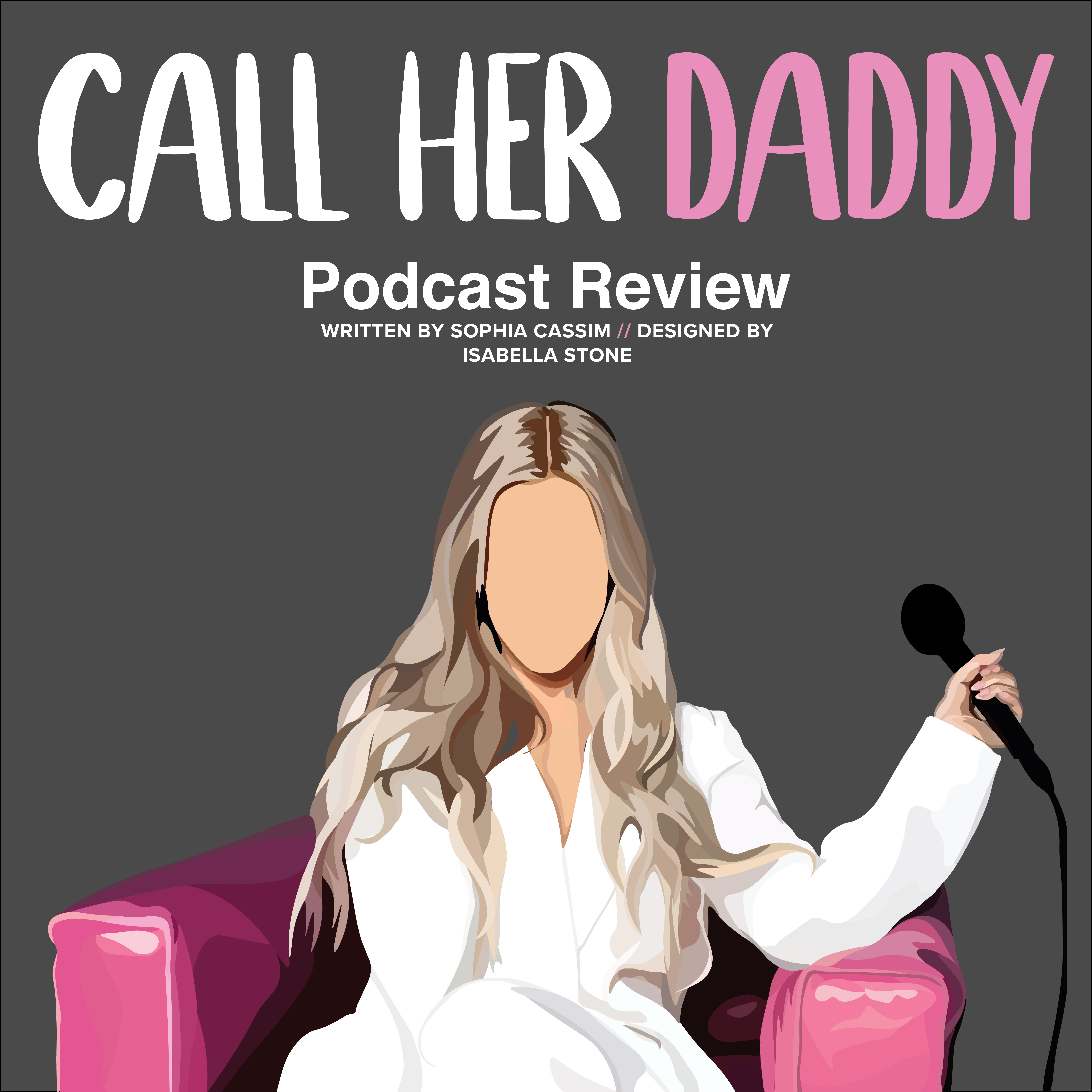
“Daddy gang”, “I am unwell”, or “Wednesdays are for Call Her Daddy” are popular slogans heard in the infamous podcast, Call Her Daddy, hosted by Alex Cooper. As someone who began listening to this podcast from the very beginning, I was excited to finally be able to hear women talk about such stigmatized topics on the podcast. Based on the feedback the podcast received, society clearly wasn’t ready for this mix of horrifying dating stories and explicit sexual talk. The anger it received for broadcasting this “locker talk”, such as comparing sexual stories or rating the people they’ve been with, shows how society still welcomes men to be open with their depictions and opinions of women but prefers for women to keep quiet about their own experiences. The split this podcast created between supporters who believe this is a feminist podcast encouraging women to talk about sex and dating versus those who think it is an inappropriate use of media has influenced viewers in both directions.
The concept of feminism itself is such an interdiscplinary and complex matter that means something different for each individual, which leads to differing opinions when it comes to deciphering something as “feminist” or not. To call the entire platform of the show as “feminist” may be a stretch, but the intentions and plot structure of these episodes aim to help women navigate their way through the messy dating and love culture our society has.
The beginning of the show showed the rougher edges of this podcast, as many of the phrases and comments said by the co-hosts were misworded to the point where it created more harm than good. Comments such as “Cheat…or be cheated on”, or “If you’re a 5 or a 6, die for that d***” stirred the pot for many listeners and raised suspicion about the intentions of this show. Alex Cooper said that she now regrets numerous things she said that shamed women and hopes that her past words will not brand her in a negative way. As the show progressed, specifically after the split with her co-host Sofia Franklyn, it began to feel more mature and like a formal sex and dating advice platform. Alex describes her commitment to the podcast by saying, “I’m almost trying to rewrite the past a little bit. Not fully. I stand by a lot of the things I said, but the journey over the next few years is really cementing what I want the brand to be, which is female empowerment.”
People were so quick to judge this podcast, especially with its bold name that rubbed many people the wrong way. However, the judgement begs the question, “What if this podcast was created by two men?” Society has displayed to us through countless examples that for non- female identifying people, they have the power to do evade consequences for their words and actions. The show’s audacious and adventurous spirit was misinterpreted as childish and inappropriate, which prohibited many from seeing the empowering messages it gave people behind the comedic phrases and in between the personal stories. That’s not to say that this podcast is the solution to break stigmatization of women, but media like this one play an important role in making it less abnormal to have these kinds of discussions between women.
Like many women have come to learn, women have to maneuver the system to achieve their goals. This podcast is a prime example of women using the system of patriarchy or “hook-up culture” to their advantage and learn how to succeed as the “best player”. Some may argue that instead of trying to rise up within the system, society should dismantle it all together. However, this podcast offers tips from the host’s own perspective and personal experiences to try and teach other women how to survive in the system. No matter what women read or hear, they should always remember to take it all with a grain of salt because what applies to one woman may not apply to another, and this is an important message that goes for the listeners and creators of this podcast.